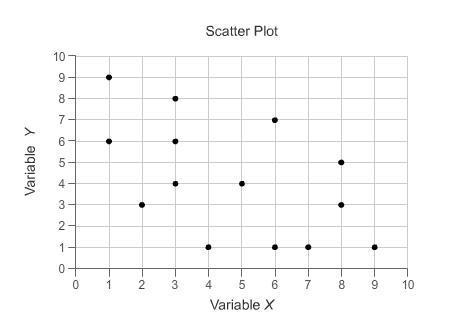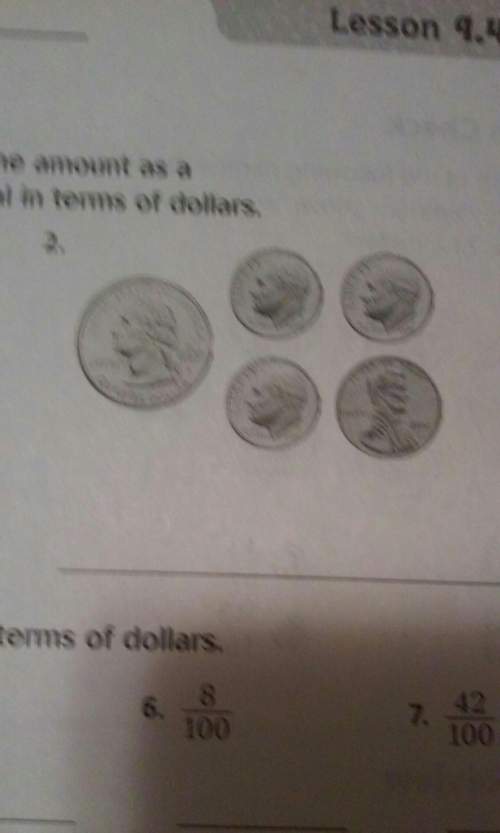
Mathematics, 08.10.2019 20:10 firenation18
Fred is answering a multiple-choice problem on an exam, and has to choose one of n options (exactly one of which is correct). let k be the event that he knows the answer, and r be the event that he gets the problem right (either through knowledge or through luck). suppose that if he knows the right answer he will de nitely get the problem right, but if he does not know then he will guess completely randomly. let p(k) = p. (a) find p(kjr) (in terms of p and n). (b) show that p(kjr) p, and explain why this makes sense intuitively. when (if ever) does p(kjr) equal p?

Answers: 3
Another question on Mathematics

Mathematics, 21.06.2019 22:30
For the chance to be team captain, the numbers 1-30 are put in a hat and you get two chances to pick a number, without replacement. which formula correctly shows how to find the probability that you choose the number 1 and then 2?
Answers: 1

Mathematics, 21.06.2019 23:00
What is the length of the midsegment of a trapezoid with bases of length 15 and 25 ?
Answers: 1

Mathematics, 21.06.2019 23:00
During a wright loss challenge your friend goes from 125 pounds to 100 pounds.what was the percent weight loss
Answers: 2

You know the right answer?
Fred is answering a multiple-choice problem on an exam, and has to choose one of n options (exactly...
Questions

Computers and Technology, 22.04.2021 23:50

Spanish, 22.04.2021 23:50

Mathematics, 22.04.2021 23:50


Mathematics, 22.04.2021 23:50

Chemistry, 22.04.2021 23:50



Mathematics, 22.04.2021 23:50

History, 22.04.2021 23:50



Mathematics, 22.04.2021 23:50


Chemistry, 22.04.2021 23:50










